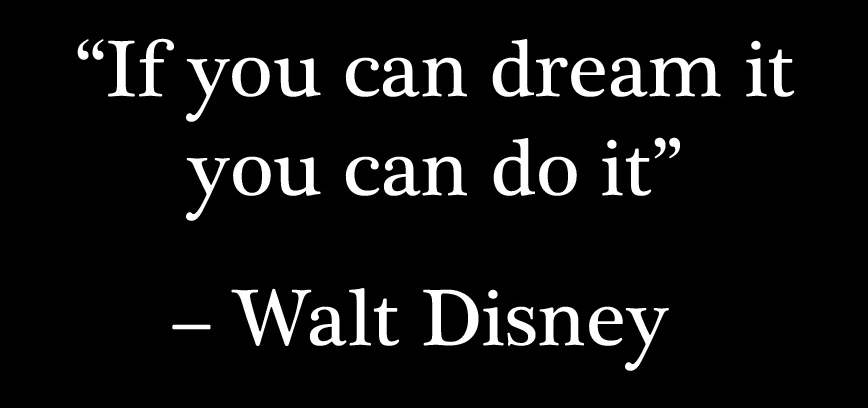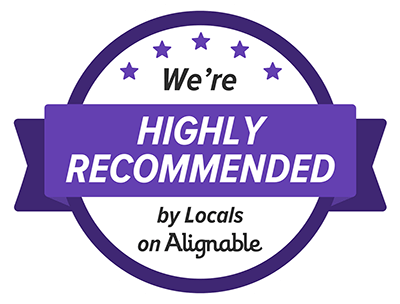Who Builds Your Website Best?
noreply • May 16, 2020
Need to build a Website?
DIY? Hire a Developer? Both?
First - Consider how consumers find local products and services.
Consumers, just like you, start with seeking advice or drawing on advice you have had in the past. While this can take many forms: a neighbor, recent magazine article, news story, movie, etc., folks wind up on the internet. On Google.
Local search saw a 900% increase in “near me”, “today/tonight” searches from 2016 to 2018. Local products and services have always been very important but search results have only recently begun to serve them up. The World Wide Web has turned out to be a bit misleading in terms of the real power of online products and services available locally.
97% of people learn more about a
local company
via the internet.
88% of searches for local businesses
on a mobile device either call
or visit the business within 24 hours.
And
61% of mobile searchers are more
likely to contact a local business if
they have a mobile-friendly site.
 Second
- Your Competition is online
Second
- Your Competition is online
Check out your competition. Likely they are online. This may well be the most compelling reason that you need to have your SMB website up, current and highly usable across all devices. Looking great, providing accurate information (think hours, address, new products), and usable on a desktop AND phone.
Check out where you currently stand. Google your products, your services, your name. What pops up? Your competition! You have to be there to compete!
Third - What do you need? What is your Objective?
What you need is important to decide before you embark on a website. It impacts your potential costs of development and ongoing maintenance. For example, do you need to sell a catalog of products online? Or maybe just feature new arrivals and specials? Do you need a booking/appointment tool? What about payments? Collection of email addresses to start building a database of folks you can market to?
Answers to these questions will be the principal drivers for your options in creating a website.
Essential Considerations Resources
What path you choose will depend on your access to 4 resources. They can be a bit of mix and match as it relates to your final costs, but each need to be considered objectively.
Time
How much time do you have on your hands? Do you have time to learn new skills? Are you up to your ears in other business needs? When you look hard you will find that you either have the time or you don’t.
Design Skills
Are you good with design? Colors, Layouts, Image use, Format? If not, do you have interest in learning about design for the internet? And, if you have an interest, do you have the time to learn new skills?
Technical Skills
There are technical skills that go beyond HTML code. Technical skills come into play with building the actual site as well as launching it, hosting it and more. Do you code? Want to learn? Have time to learn? Often hosting companies can help with this.
Money
This is perhaps the easiest resource to identify. What is your time worth? Does it make more sense to pay for an expert?
Building, managing and operating your website occurs in five phases; evaluate each and determine what resources you can tap vs. what you lack.
1) Website SetUp - URL selections and purchase. Hosting of Domain and website. Editing tool.
2) For DIY Tools - Learning how to use the website builder.
3) Design of the layout - from scratch or a template?
4) Content - What information, tools, images will your website have? What should it have?
5) Troubleshooting and Ongoing Maintenance - Can you stay on top of evolving technical requirements? Do you have time to keep your content current?
There is no single answer for every situation. You are unique, your business is unique. Your resources are unique. The only thing that applies to every SMB is the need to be found when folks are looking for your products and services. They have to find you when they search online, they have to know where you are or where you service, they need to know your hours. They want to know your rates, specifically or generally. They need to know what you offer will meet their needs. They need to see a website that works (most importantly on a phone) and reflects your company and its values.
Think of it this way, would you change the brakes on your car yourself? Certainly there are lots of instructional articles and videos out there. You could always learn how. Provided you have the time, an interest and aptitude for mechanical stuff. Have some technical knowledge and love design? Give it a shot! But, take good care of what might be your only opportunity to make a first impression.

This post is the fourth in a series where I want to share some of the things I have learned over the course of my career. It has been varied in terms of industry and the customers served and has given me many valuable lessons along the way. I hope to benefit my clients with advice, ideas and cautions as a way of contributing to my local community. Next up was a sink or swim introduction to the early years of the internet. My love of travel, and startups, lead me to a new subsidiary of a large travel wholesale group in Ft. Lauderdale. Certified Vacations offered wholesale travel packages in addition to running Continental Airlines Vacations and (CAV) Delta Airlines Vacations (DAV). I want to work for New River Technologies (NRT) which was the internet arm for Certified. Fast and furious, my experience with NRT was exhilarating! I managed a large staff of web designers and we crafted dynamic websites for CAV, DAV and countless others. Understanding client needs and goals and translating them into the digital environment was a challenge in this new form of communication. Key was understanding how people wanted to learn about and book travel. Early on we developed relationships with Microsoft, Priceline, Expedia and other emerging online travel sellers and, looking back, the experience was absolutely thrilling. To say that the pace was fast is an understatement! I was hooked. Somehow, I had to figure out how to leverage my marketing, advertising and communications background into a dream job. A short stop with Sunglass Hut, before they were bought by Luxottica, honed my skills for effective communications with retail customers. We launched a new, and very innovative, website for sunglass sales that, like other startups, was full of challenges in every department. We were a small group and gathered in a small area, we all learned a lot about each area of the business. The programming side of websites has evolved so far from some of the early days I am grateful have been witness to the genesis of what is now a highly technical process. 2000 was a big year and was highlighted by a move to Small Business Ownership. Stay tuned!







